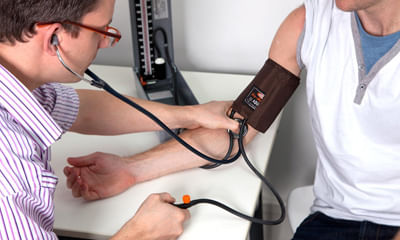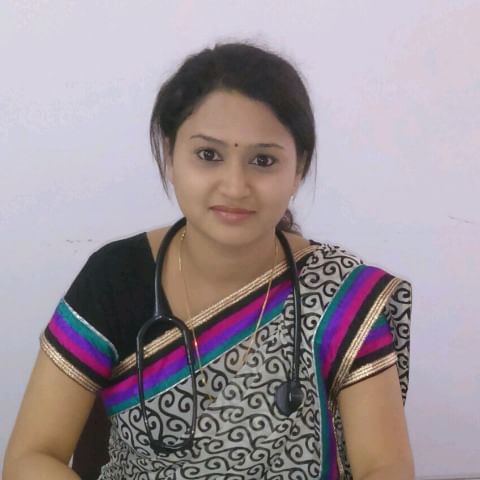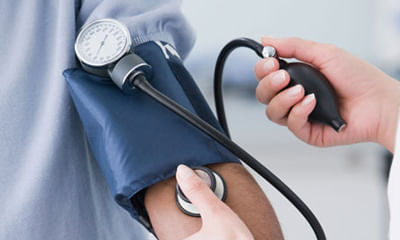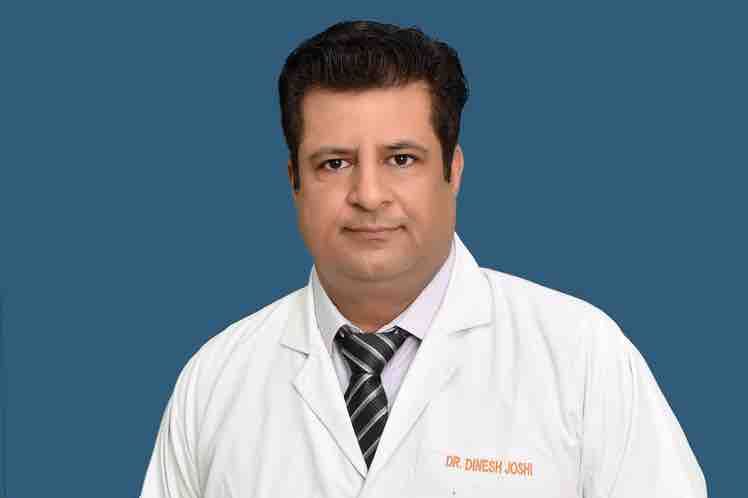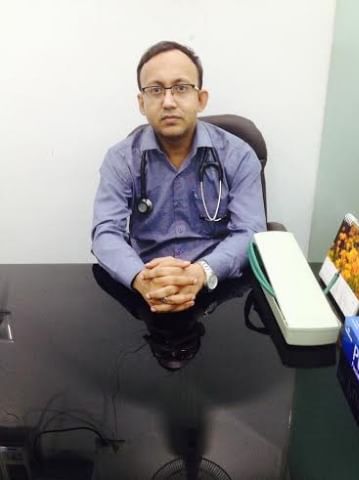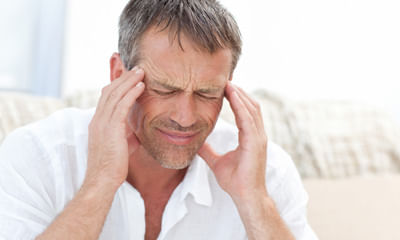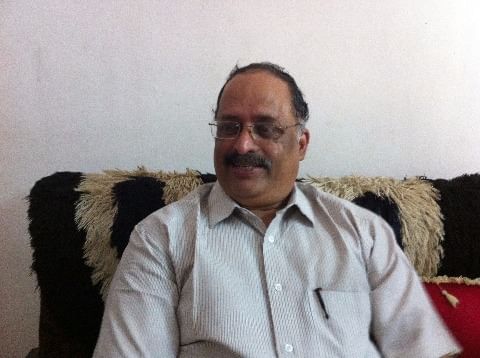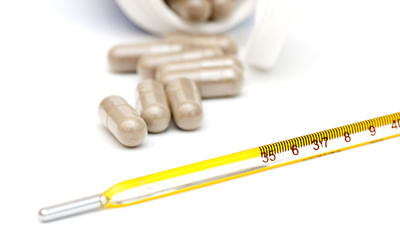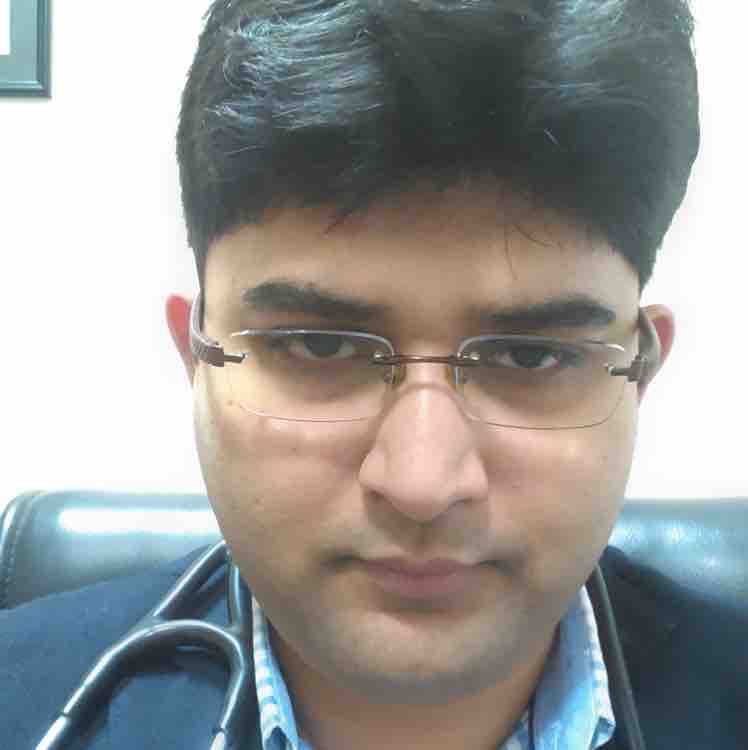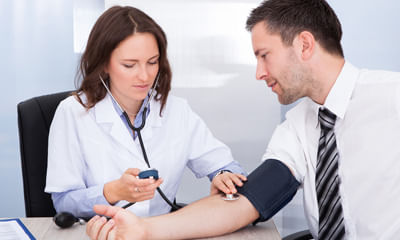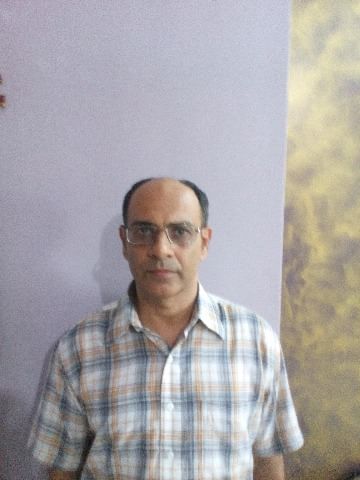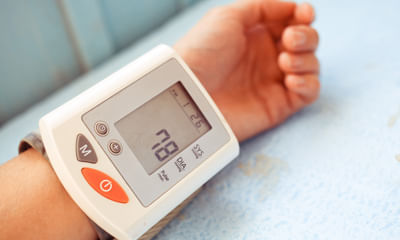Get the App
For Doctors
Login/Sign-up
About
Health Feed
Find Doctors
Health Packages
AllQ&AsTipsQuizzes
Normal Pressure Hydrocephalus Symptoms Health Feed
Asked for male, 35 years old from Pune
Share
Bookmark
Report
Assistant professor, Senior resident , M...read more
Internal Medicine Specialist•Mumbai
Asked for male, 31 years old from Dehradun
Share
Bookmark
Report
Signs and symptoms include ;
dizziness or lightheadedness.
Fainting (syncope)
lack of concentration.
Blurred vision.
Nausea.
Cold, clammy, pale skin.
Rapid, shallow breathing.
Fatigue.
When dealing with low blood pressure, it is usually suggested to increase your salt and fluid intake. Before increasing yoursalt consumption, do check with your doctor. Also, cut down on alcoholic beverages and high-carbohydrate foods such asbread, rice, pasta, and potatoes.
dizziness or lightheadedness.
Fainting (syncope)
lack of concentration.
Blurred vision.
Nausea.
Cold, clammy, pale skin.
Rapid, shallow breathing.
Fatigue.
When dealing with low blood pressure, it is usually suggested to increase your salt and fluid intake. Before increasing yoursalt consumption, do check with your doctor. Also, cut down on alcoholic beverages and high-carbohydrate foods such asbread, rice, pasta, and potatoes.
Health Query
Share
Bookmark
Report
Hypertension is defined as blood pressure higher than 140 over 90 mmHg (millimeters of mercury).
A diagnosis of hypertension may be made when one or both readings are high: systolic (the pressure as the heart pumps blood around the body), given first; or diastolic (pressure as the heart relaxes and refills with blood), given second.
Modern lifestyle factors are responsible for a growing burden of hypertension: physical inactivity, salt-rich diets with processed and fatty foods, and alcoh...more
A diagnosis of hypertension may be made when one or both readings are high: systolic (the pressure as the heart pumps blood around the body), given first; or diastolic (pressure as the heart relaxes and refills with blood), given second.
Modern lifestyle factors are responsible for a growing burden of hypertension: physical inactivity, salt-rich diets with processed and fatty foods, and alcoh...more
Health Query
Share
Bookmark
Report
Health Query
Share
Bookmark
Report
Some people who have malaria experience cycles of malaria "attacks. An attack usually starts with shivering and chills, followed by a high fever, followed by sweating and a return to normal temperature. Malaria signs and symptoms typically begin within a few weeks after being bitten by an infected mosquito.
F your blood pressure is extremely high, there may be certain symptoms to look out for, including:
severe headache.
Fatigue or confusion.
Vision problems.
Chest pain.
...more
F your blood pressure is extremely high, there may be certain symptoms to look out for, including:
severe headache.
Fatigue or confusion.
Vision problems.
Chest pain.
...more
18 people found this helpful
Asked for male, 25 years old from Navi Mumbai
Share
Bookmark
Report
Cardiologist•Faridabad
Asked for male, 22 years old from Malda
Share
Bookmark
Report
People with an ideal weight and who are physically fit and active generally have a blood pressure reading lower than what is considered normal at 120/80 mm hg. Yet, this is not unhealthy, especially when the symptoms are not experienced. However, when readings consistently remain around 90/60 mm hg or lower, it is considered hypotension. Besides, when the blood pressure is extremely low, it may cause inadequate flow of blood to organs such as the brain, kidneys, and heart. When dealing with low ...more
127 people found this helpful
Asked for male, 28 years old from Dimapur
Share
Bookmark
Report
Dear
High Blood Pressure
What is hypertension?
High blood pressure caused by a disease or another known medical problem is called secondary hypertension. Most cases of secondary hypertension are caused by kidney or hormonal problems.
Normal blood pressures average 120/80 ("120 over 80") but can rise and fall with exercise or rest. The pressures are measured in millimeters of mercury, with the upper number (120) being the pressure at the end of the heartbeat (systolic pre...more
High Blood Pressure
What is hypertension?
High blood pressure caused by a disease or another known medical problem is called secondary hypertension. Most cases of secondary hypertension are caused by kidney or hormonal problems.
Normal blood pressures average 120/80 ("120 over 80") but can rise and fall with exercise or rest. The pressures are measured in millimeters of mercury, with the upper number (120) being the pressure at the end of the heartbeat (systolic pre...more
Health Query
Share
Bookmark
Report
You've probably heard that high blood pressure is a problem. Sometimes blood pressure that is too low can also cause problems.
Blood pressure is the force of your blood pushing against the walls of your arteries. Each time your heart beats, it pumps out blood into the arteries. Your blood pressure is highest when your heart beats, pumping the blood. This is called systolic pressure. When your heart is at rest, between beats, your blood pressure falls. This is the diastolic pressure. Your blo...more
Blood pressure is the force of your blood pushing against the walls of your arteries. Each time your heart beats, it pumps out blood into the arteries. Your blood pressure is highest when your heart beats, pumping the blood. This is called systolic pressure. When your heart is at rest, between beats, your blood pressure falls. This is the diastolic pressure. Your blo...more
147 people found this helpful
Asked for female, 27 years old from Kolkata
Share
Bookmark
Report
Dear Lybrate User,
-It is ok on the borderline -to increase & to maintain normal bp so that symptoms like headache, weakness or dizziness don't develop follow some precautions:
- have plenty of oral fluids including 8-10 glasses of water per day for proper hydration
- have a well balanced diet, add a pinch of salt on prepared food before consumption
- do regular exercise like walking, jogging or yoga for 20-30 min daily to maintain proper bp & to keep fit.
-It is ok on the borderline -to increase & to maintain normal bp so that symptoms like headache, weakness or dizziness don't develop follow some precautions:
- have plenty of oral fluids including 8-10 glasses of water per day for proper hydration
- have a well balanced diet, add a pinch of salt on prepared food before consumption
- do regular exercise like walking, jogging or yoga for 20-30 min daily to maintain proper bp & to keep fit.
Ask a free question
Get FREE multiple opinions from Doctors
posted anonymously


